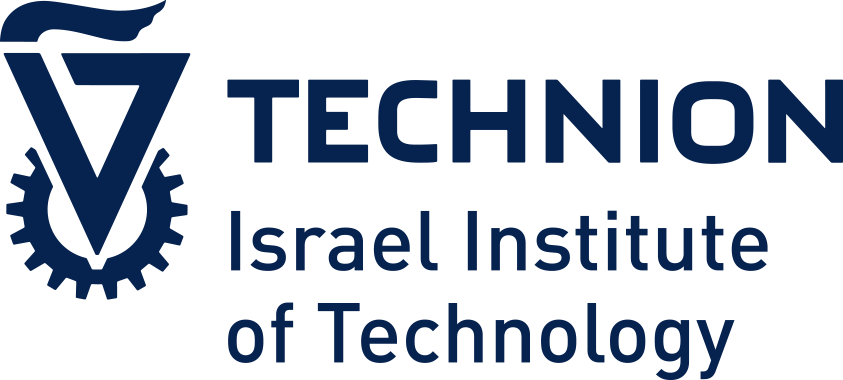Over deze cursus
Sciences and engineering refer to mechanisms all the time. We talk about synaptic transmission mechanisms, or photoluminescence mechanisms in quantum dots, or docking mechanisms on spacecraft, etc. but what is a mechanism. why are they so useful in explanations. what is the historical background for talking in these terms.
Contact Hours per week: 2
Semester Start Date: November 3, 2024
Day & Time: TBD
Learning outcomes / At the end of the course the student will know:
- a more precise understanding of what mechanisms are, in general (the 'ontology' of mechanisms).
- an understanding of what makes mechanisms explanatory.
- broad knowledge of the history of appeal to mechanisms, from the ancient world to today.
- some understanding of the limitations of appeal to mechanisms.
- some knowledge of non-mechanistic approaches to stem.
Leerresultaten
• Learn how to read a philosophical text and how to recognize one, or, more precisely, how to understand: (A) its rules and terminology; (B) its objectives, methods, assumptions; (C) its structure/composition and style
• Acquire argumentative/interpretive skills, namely develop an ability to reason logically and coherently and to defend a personal interpretation of Lucretius, highlighting the merits and weaknesses of his arguments in an informed and critical manner
• Learn about the origins of atomistic physics and its systematic spirit (= its essential connection with epistemology, psychology, ethics), and develop an ability to find links between one’s own area of expertise and other fields of study
• Acquire a basic knowledge of the entire structure/scientific project of Lucretius’ On the Nature of Things and a detailed understanding of some of its most crucial sections, thus developing skills that will make it possible to study independently different philosophical texts in the future
• Learn about the reception of Epicurean atomism in contemporary science and get a grasp of the main similarities and differences between ancient and contemporary physics, acquiring the skills necessary to critically discuss present scientific ideas and their origins
• Begin to study philosophy/ history of science by keeping in mind the historical contexts and values of past thinkers, and hence learn to reason in a more impersonal and objective way.
Toetsing
Lecture topics:
Session 1: Introduction to the course and basic principles of Epicurean philosophy Session 2: Basic principles of Epicurean philosophy (continued) Session 3: Book 1 (Physics vs. religion, and Einstein’s reception of Lucretius) Session 4: Books 1-2 (Atomic matter, time-space and infinity of worlds) Session 5: Book 2 (Atomic motions, “proto-Heisenbergian” indeterminacy, free-will problem) Session 6: Book 3 (The material nature of the soul and the mind-body relation) Session 7: Book 3 (Physics as therapy against the fear of death) Session 8: Book 4 (Atomistic explanations of sensation, cognition, other natural faculties) Session 9: Books 4-5 (Cosmogony and zoogony, love and sex) Session 10: Book 4-5 (Lucretius’ anti-finalism or “proto-Darwinism”, part 1) Session 11: Books 4-5 (Lucretius’ anti-finalism or “proto-Darwinism”, part 2) Session 12: Books 5-6 (Multiple explanations of phenomena and the plague) Session 13: Final discussion The lectures are scheduled in presence only, except when otherwise stated, for Monday afternoon (15:30-17:30). Any eventual change to the schedule will be communicated in advance.
Voorkennis
None
Bronnen
Activiteiten
Attend virtual lectures & learn to read a philosophical text
Aanvullende informatie
- Neem contact op met een coordinator
- StudiepuntenECTS 2
- NiveauBachelor
- Contact uren per week2
- InstructeursEnrico Piergiacomi
- InstructievormOnline - at a specific time
Aanbod
Startdatum
30 oktober 2024
- Einddatum2 maart 2025
- Periode *Winter Semester 2024/25
- LocatieHaifa
- VoertaalEngels
- Inschrijven tussen14 mei - 29 jul 2024
Nog 3 dagen om in te schrijvenApply now
